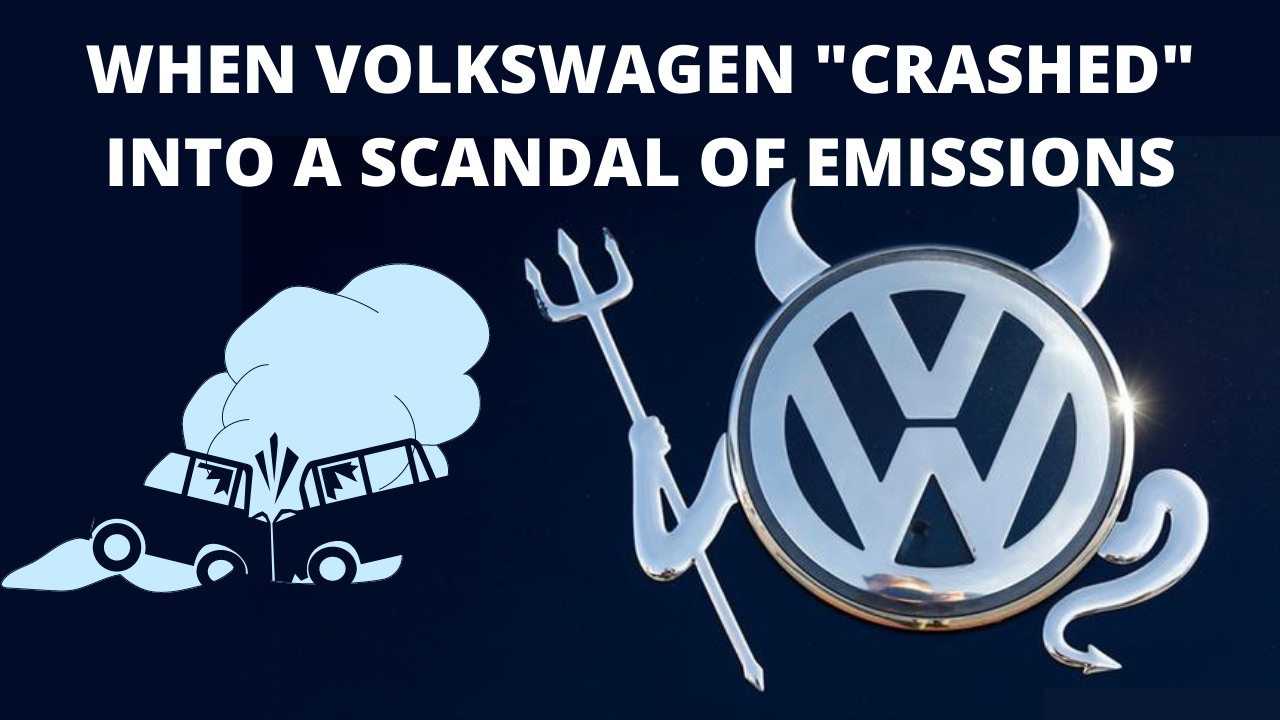In 2015, the automotive world was rocked by the Volkswagen emissions scandal—commonly referred to as Dieselgate. Volkswagen, one of the world’s largest automakers, was found to have installed “defeat devices” in millions of diesel vehicles to cheat on emissions tests. Today, Dieselgate remains a case study in corporate deception, and it offers important lessons for consumers who want to avoid scams or misleading claims online.
What Was the Volkswagen Emissions Scandal?
A Deceptive Software Solution
In 2015, the U.S. Environmental Protection Agency (EPA) discovered that Volkswagen had equipped its diesel vehicles with software designed to detect when the car was undergoing an emissions test. During testing, the “defeat device” activated a mode that drastically reduced harmful emissions. However, when driven normally, the cars emitted pollutants at levels far exceeding legal limits.
Global Impact and Legal Fallout
The scandal affected around 11 million vehicles worldwide and led to billions of dollars in fines, settlements, and recalls. The repercussions were not limited to regulatory penalties—the company’s reputation took a significant hit, and trust in corporate claims was questioned globally.
How Did the Scam Unfold?
Volkswagen’s approach involved several deceptive tactics that can serve as red flags for similar scams:
- Deliberate Deception: The use of software that altered vehicle performance during tests was a calculated act of fraud.
- Concealment of True Emissions: Rather than reporting accurate emissions, the defeat device masked real-world pollutant levels, misleading regulators and consumers alike.
- Misleading Marketing Claims: Volkswagen had long promoted its diesel vehicles as environmentally friendly and efficient—claims that were later proven to be false.
How to Spot Similar Corporate Scams
While Dieselgate was a case of large‐scale corporate fraud rather than an “online scam” in the traditional sense, many of its tactics are mirrored in deceptive practices found on the internet. Here’s how you can spot warning signs:
1. Inconsistent Claims Versus Verified Data
When companies make environmental, financial, or performance claims online, always cross-check these claims against reputable sources such as regulatory bodies, independent testing organizations, or well‐known media outlets. If the numbers don’t add up, be cautious.
2. Overly Positive or Vague Marketing Language
Watch for advertisements that use superlatives without evidence. For example, if a product is touted as “the most eco‑friendly” without transparent data or certifications, further investigation is warranted.
3. Lack of Transparency
Legitimate companies provide clear details about product testing and regulatory compliance. When you see ambiguous statements or a lack of detailed information on a company’s website or in their promotional materials, that’s a red flag.
4. Pressure to Act Quickly
While Dieselgate was uncovered by regulatory agencies, many online scams pressure consumers to make immediate decisions—often through “limited time” offers or urgent warnings. Taking time to verify information is key.
Measures to Protect Yourself Online
Whether you’re evaluating the environmental claims of a car or checking the legitimacy of a product or service online, there are several steps you can take to avoid being misled:
1. Do Your Research
Before making any purchase or investment:
- Check Reputable Sources: Look for reports from trusted news outlets, regulatory agencies, or independent consumer organizations.
- Read Reviews and Third‑Party Evaluations: Customer reviews, expert opinions, and independent tests can help verify claims.
2. Verify Certifications and Claims
Ensure that environmental or performance claims are backed by certifications from recognized organizations. For automotive emissions, for instance, look for verification from the EPA or similar bodies in your region.
3. Use Trusted Websites and Platforms
When shopping or researching online, use official websites or well‑established platforms. Be skeptical of unsolicited emails or pop‑ups that promise “exclusive” offers.
4. Stay Informed on Common Fraud Tactics
Educate yourself about the latest scams and deceptive practices. Websites such as the Federal Trade Commission (FTC) or consumer protection agencies regularly publish alerts and tips on avoiding fraud.
5. Protect Your Personal Information
Use secure payment methods and avoid sharing sensitive details unless you are sure of the legitimacy of the recipient. Employ strong, unique passwords and enable multi‑factor authentication (MFA) wherever possible.
Conclusion
The Volkswagen Emissions Scandal remains a powerful example of how even well‑known companies can engage in deceptive practices. By understanding how Dieselgate unfolded and learning to recognize the red flags of corporate fraud, consumers can be better prepared to scrutinize online claims and avoid scams. Always remember: verify, research, and remain cautious when confronted with too‑good‑to‑be‑true offers or vague, unsubstantiated claims.
Stay informed, stay skeptical, and take proactive measures to protect your financial and personal well‑being in the digital age.
By following these guidelines, you can reduce the risk of falling for similar scams and make informed decisions based on reliable data. Stay safe and make your online research a priority to protect yourself from deceptive practices.














